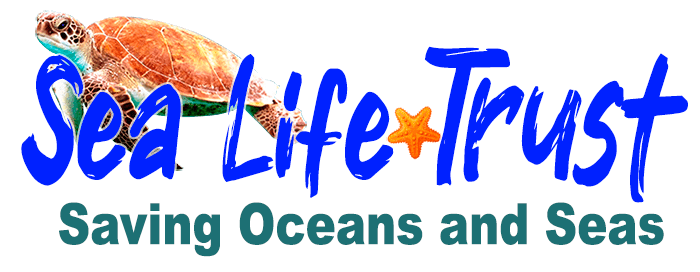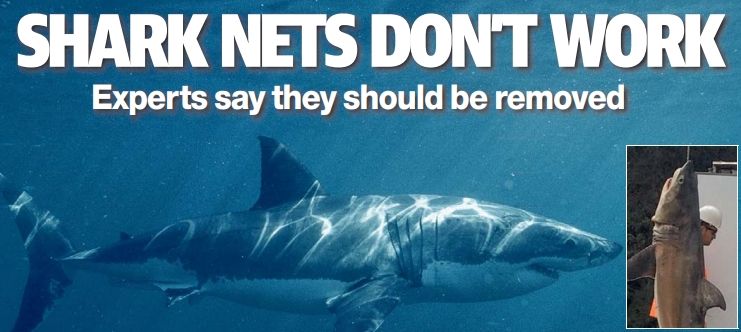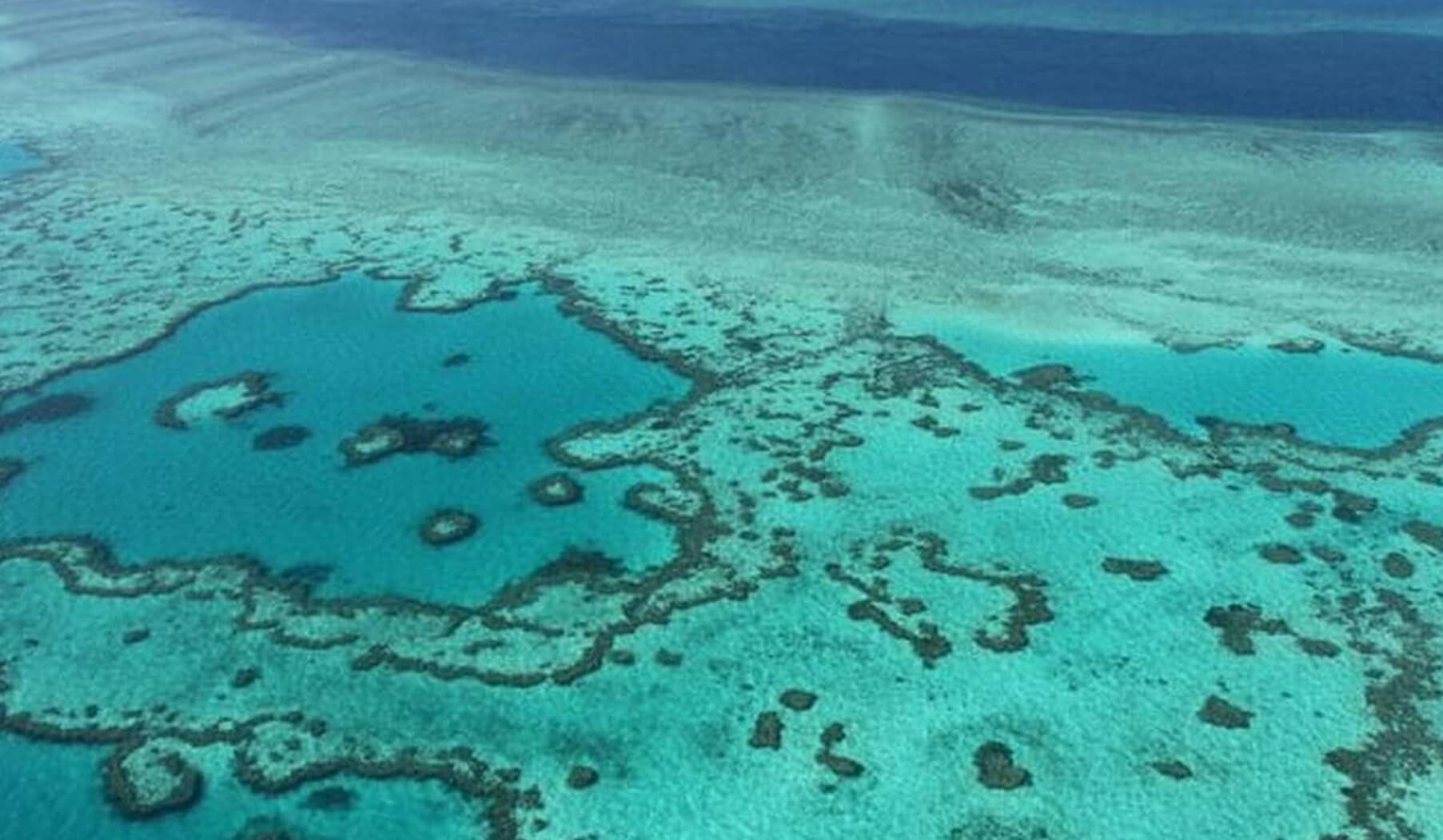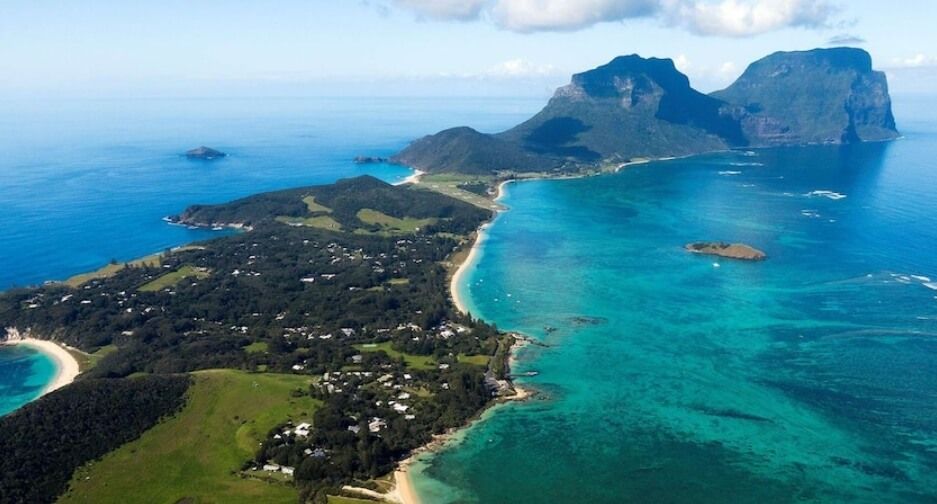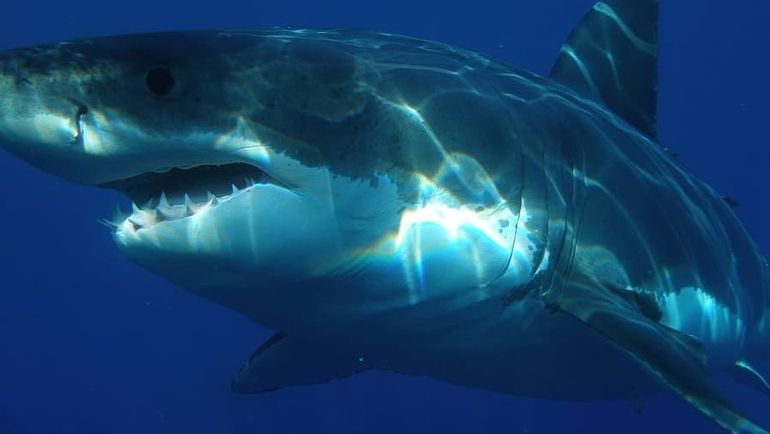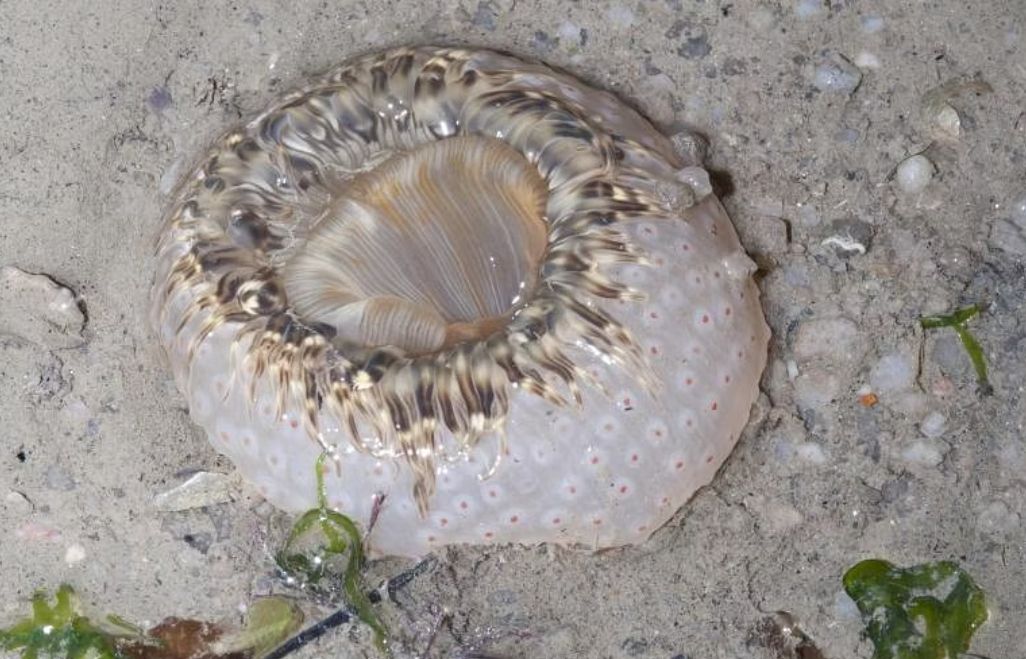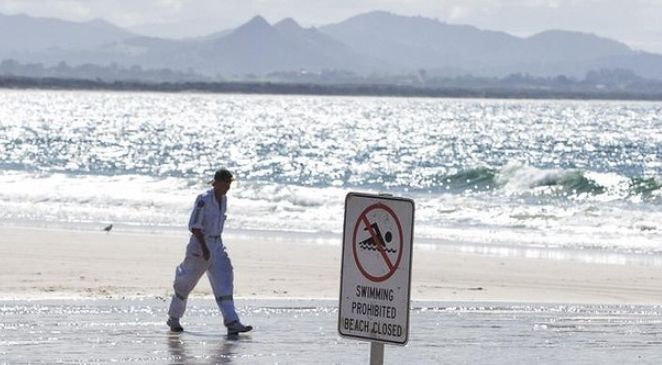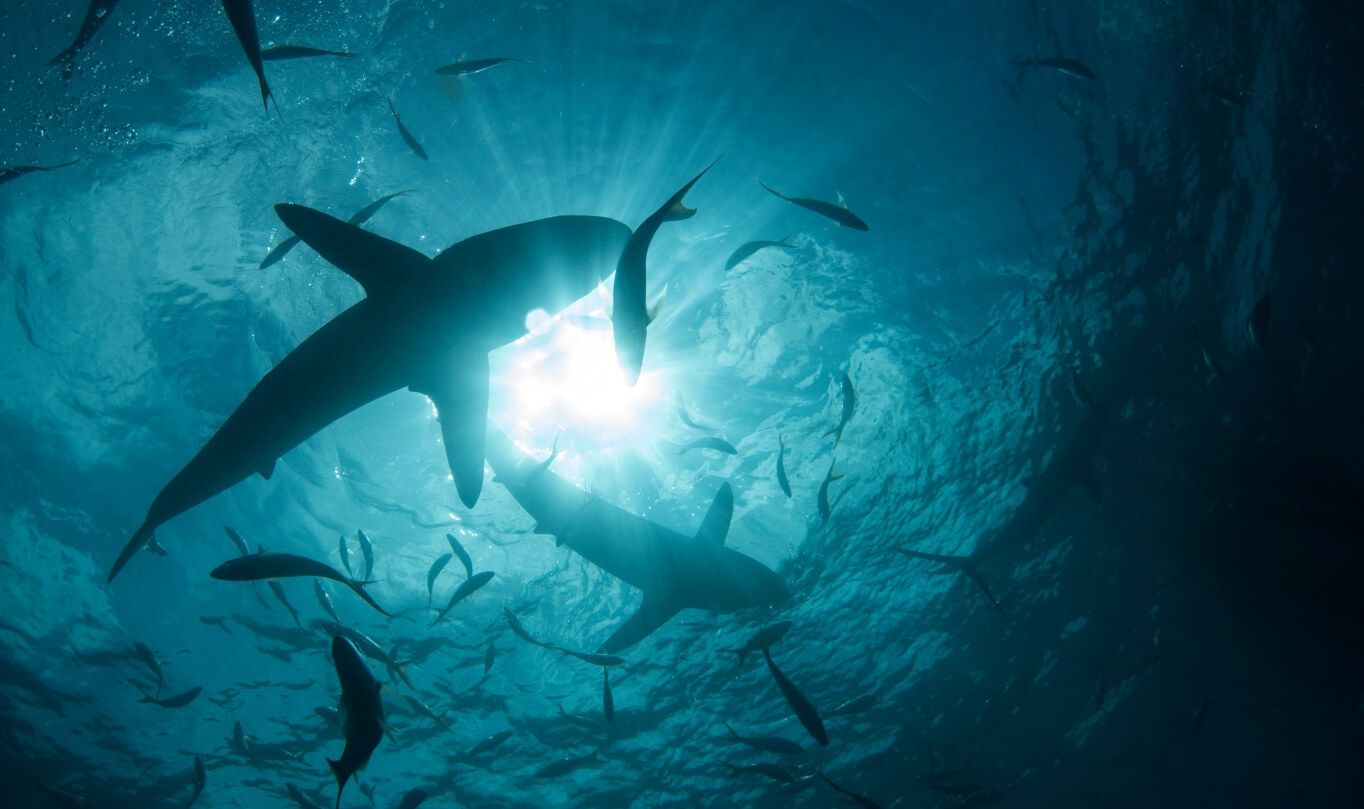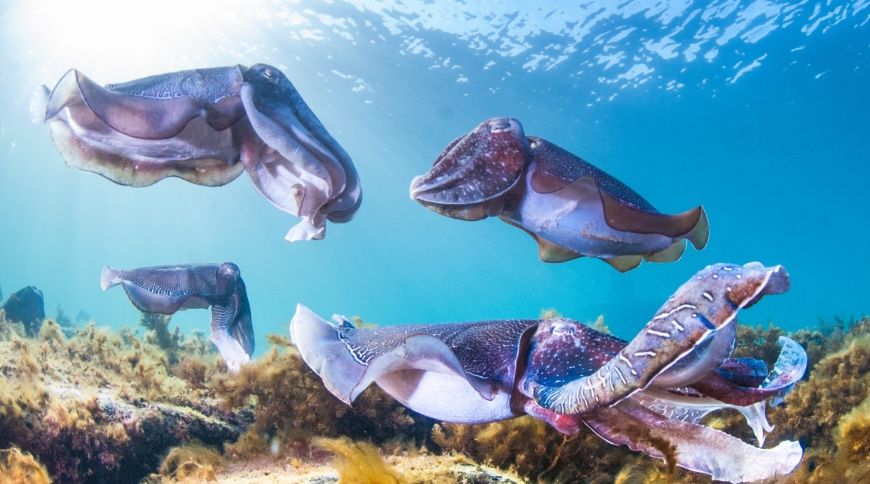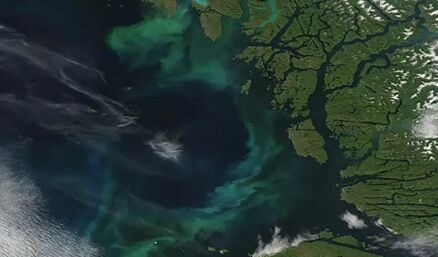EXPERTS are calling on shark nets, like those that caught two great whites at Bondi Beach last week, to be removed because they do nothing to reduce attacks.
The University of Sydney’s Dr. Christopher Neff said there was “very little evidence” that nets prevented shark bites.
“There are no decisions governments can make that will reduce the risk. Shark bites are an ungovernable event,’’ .
he said
Dr. Neff suggested that shark nets should be removed from the east coast for at least two months every year, as they capture 50 percent of all great white sharks during September and October. Sea Life Trust General Manager, Claudette Rechtorik, noted that NSW, Queensland, and South Africa were the only places in the world that used nets.
“The ocean is a vast territory, and to think we can control it to protect ourselves is farcical,’’ she said.
“You enter the ocean at your own risk…it’s just the same as when we enter a car or a plane.”
A dead shark was pulled from the Bondi nets last Wednesday, and the carcass of a second great white was retrieved on Saturday.
Later in the day, the sighting of a shark in the bay led to an evacuation of the packed beach.
The community expressed its outrage at the ongoing use of shark nets through social media. Paul Sharp described them as “stupid,” while Ben Mitchell said the ocean belonged to the sharks. Dr. Neff interpreted these comments as reflecting a cultural shift in Australia, with a focus on the conservation of sharks rather than their killing.
“Australians are now at a point where they’re sharing the ocean with all marine life, whether it’s whales, seals, dolphins, or sharks.”
Last week, Marine Discovery Centre’s Head Marine Biologist, Will Jones, called for the removal of shark nets, calling them “19th-century tools for 21st-century problems.”
“The nets are not a barrier; they’re basically fly paper,’’ he said.
A Department of Primary Industries spokesman stated that they were “monitoring” new technologies, but “to date, no viable alternatives to shark nets have been found.” Ms. Rechtorik said she was working with the State Government to find a more humane solution and proposed more public education.
Dr. Neff emphasized that education, including informing people of the best times to enter the water, swimming between the flags, and going in groups, was the best way to reduce the incidences of shark attacks.”
